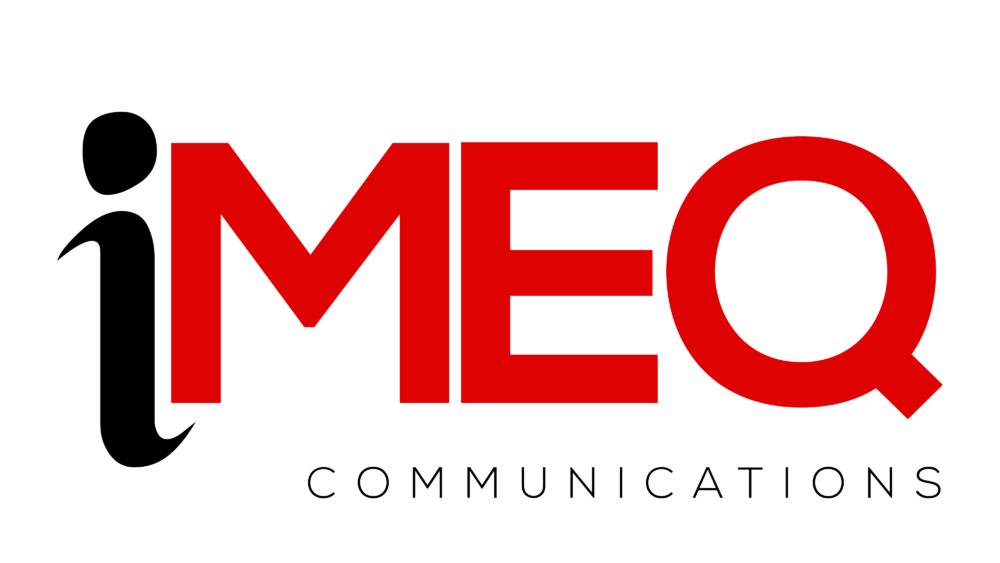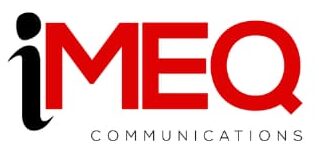
 Attracting traffic to your website is great, but what if those visitors don’t stick around or take action? That’s where a content marketing funnel becomes a game-changer. It’s not about creating content for the sake of it—it’s about delivering the right message at the right time to guide your audience toward becoming loyal customers.
Attracting traffic to your website is great, but what if those visitors don’t stick around or take action? That’s where a content marketing funnel becomes a game-changer. It’s not about creating content for the sake of it—it’s about delivering the right message at the right time to guide your audience toward becoming loyal customers.
Let’s break down how this works and how you can start building a funnel that doesn’t just drive traffic, but actually converts.
What is a Content Marketing Funnel?
Think of your funnel as a guided path. It leads a visitor from first hearing about your brand to finally making a purchase, and hopefully, becoming a repeat customer. Every piece of content you create should serve a purpose along that journey.
The funnel typically has three key stages:
- Top of Funnel (TOFU): Awareness
- Middle of Funnel (MOFU): Consideration
- Bottom of Funnel (BOFU): Decision
Each stage needs specific content that matches where your audience is mentally and emotionally in their buying journey.
TOFU: Attracting the Right Eyes
At the top of the funnel, your goal is simple, to be noticed. People are probably encountering your brand for the first time, so your content should educate or entertain without pushing a sale.
Best content formats:
- Blog posts that answer common questions
- Informative YouTube videos
- Social media reels or carousels
- Easy-to-digest infographics
Real-world tip: Use search engines to your advantage. Write blogs that answer the exact questions your audience is typing into Google. That way, you’re not just shouting into the void, you’re showing up exactly where people are looking.
MOFU: Building Trust and Nurturing Leads
Once people are familiar with you, it’s time to show them you know your stuff. This is where you nurture interest and demonstrate your expertise. People here are thinking, “Okay, you’ve got my attention—but can you solve my problem?”
Best content formats:
- Free downloadable resources (eBooks, templates, guides)
- Detailed how-to blogs or tutorials
- Webinars or live Q&A sessions
- Email newsletters that offer real value
Real-world tip: Start building a relationship. Offer something free in exchange for their email. From there, use email marketing to guide them further down the funnel.
BOFU: Encouraging the Final Step
At this stage, your lead is seriously considering a purchase. Now’s the time to highlight your credibility, your customer success stories, and why choosing you is a safe, smart decision.
Best content formats:
- Case studies
- Video testimonials
- Product demos or free trials
- Clear pricing pages and comparison charts
Real-world tip: Reduce hesitation. Address objections before they arise—be transparent about pricing, deliverables, and outcomes.
Why Content Funnels Work Better Than One-Off Posts
Too many businesses focus on generating random blog posts or one-off campaigns. But without a structured funnel, you might be attracting traffic that never converts. A content marketing funnel ensures every interaction moves a person closer to becoming a customer.
Here’s what makes it powerful:
- It’s strategic, not scattered.
- It creates continuity in your messaging.
- It builds relationships, not just impressions.
Final Thoughts: Focus on Flow, Not Just Content
You don’t need to produce hundreds of blogs to get results. You need a plan. By guiding your audience through a thoughtfully designed funnel, you’re not just driving traffic—you’re building momentum, trust, and ultimately, sales.
So the next time you plan content, don’t ask, “What should I post?”
Ask, “Where is my audience in their journey—and how can I help them take the next step?”
Need help designing a content funnel that works for your business?
We at IMEQ Communications, are here to build one that attracts, nurtures, and converts—step by step.




